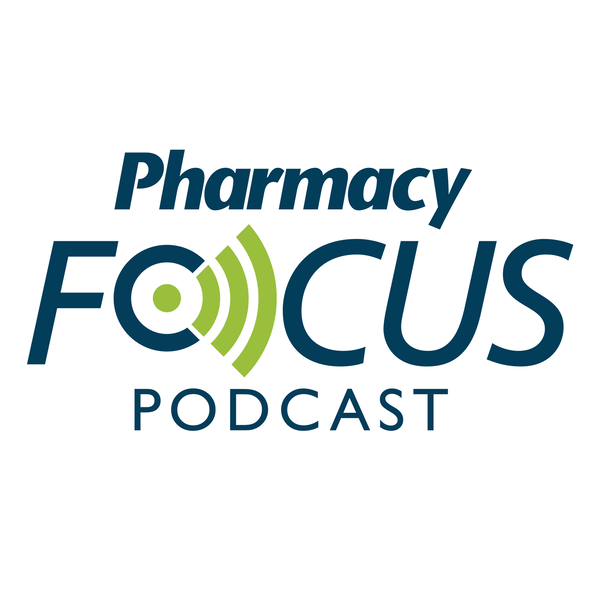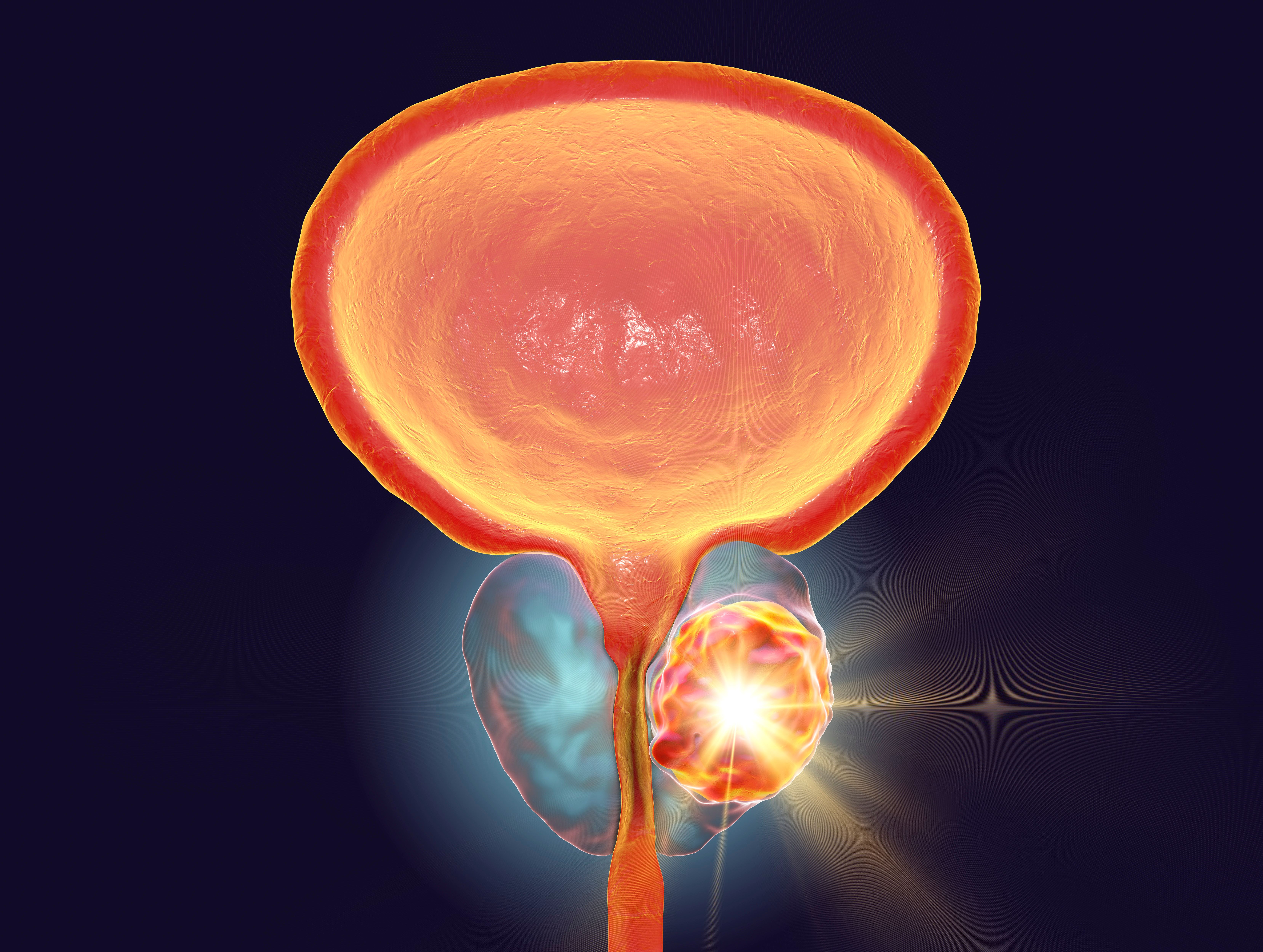News
Article
FDA Approves Afilbercept-Abzv as Interchangeable Biosimilar for Eylea
Author(s):
The treatment is indicated to improve and maintain visual acuity in individuals with neovascular age-related macular degeneration.
The FDA approved aflibercept-abzv (Enzeevi; Sandoz) as a 2 mg vial kit and pre-filled syringe for intravitreal injection as treatment to improve and maintain visual acuity in individuals with neovascular age-related macular degeneration (nAMD). Aflibercept-abzv is an interchangeable biosimilar for aflibercept (Eylea; Regeneron).1
Image Credit: Pixel-Shot - stock.adobe.com

“nAMD, or wet AMD, continues to be a leading cause of vision impairment in patients over 50 years in North America,” Claire D’Abreu-Hayling, chief scientific officer at Sandoz, said in a news release. "This condition affects millions of people, leading to significant challenges in their daily lives due to the progressive loss of central vision."1
The FDA approval was based on clinical data from the Mylight (NCT04864834) study, evaluating the similarities in efficacy, safety, and immunogenicity of the biosimilar compared with the reference product for patients with nAMD. Patients included were aged 50 years and older and were anti-vascular endothelial growth factor (VGF) treatment-naïve in either eye and systemically, according to the clinical trial information. The study eye was diagnosed with active choroidal neovascularized (CNV) lesions (type 1 and/or type 2) secondary to AMD and/or Retinal Angiomatous Proliferation lesions (type 3). Total area of CNV was more than 50% of the total lesion in the eye and had best corrected visual acuity (BCVA) between 73 and 38 letters in the study eye at screening and baseline portions of the study, using Early Treatment of Diabetic Retinopathy Study (ETDRS) charts.2
The primary end point included the change in BCVA assessed by ETDRS testing charts from baseline at week 8 between both the biosimilar and reference product. Secondary end points included mean change in central subfield thickness using a spectral-domain optical coherence tomography from baseline, week 1, 4, 8, 24, and 52, mean change in CNV lesions using fungus angiography from screening to week 8 and 52, mean change from baseline in BCVA score using EDTRS charts at week 24 and 52, number and proportions of individuals with ocular and non-ocular adverse events (AEs) over the 52 week period, development of binding and neutralizing anti-drug antibodies up to week 52, and drug concentration at baseline and 24 hours after the first and third injection.2
Investigators included a total of 485 individuals, with 244 receiving the biosimilar and 240 receiving the reference product. The change in BCVA was –0.3 at week 8, which is in the predefined FDA equivalence margin (–3 to 3). Further, the secondary analysis of mean change in BCVA was comparable between the treatment groups at all timepoints up to week 52, according to the study authors. There were no clinically meaningful differences in anatomical outcomes, and safety was similar between the 2 groups, including to treatment-related AEs.3
“As sight disappears, so may a person’s connection to the world. We welcome all treatment options that help maintain vision and meet the unique needs of the individual so those living with wet AMD can potentially maintain their independence longer. At this time, there is no cure for this disease and long-term treatment can be costly,” Jeff Todd, JD, president and CEO of Prevent Blindness, said in the news release. “Having more FDA-approved options, including biosimilars, can help make health care more person-centered and affordable.”1
References
1. Sandoz receives FDA approval for Enzeevu (aflibercept-abzv), further strengthening US biosimilar position. News release. Sandoz. August 12, 2024. Accessed August 13, 2024. https://www.sandoz.com/sandoz-receives-fda-approval-enzeevutm-aflibercept-abzv-further-strengthening-us-biosimilar/
2. Phase III Study Assessing the Efficacy, Safety and Immunogenicity of SOK583A1 Versus Eylea in Patients With Neovascular Age-related Macular Degeneration (Mylight). ClinicalTrials.gov identification: NCT04864834. Updated March, 26, 2024. Accessed August 13, 2024. https://clinicaltrials.gov/study/NCT04864834#participation-criteria
3. Bordon AF, Kaiser PK, Wolf A, Cen L, et al. Efficacy and safety of the proposed biosimilar aflibercept, SDZ-AFL, in patients with neovascular age-related macular degeneration: 52-week results from the Phase 3 Mylight study. Retina. 2024. doi:10.1097/IAE.0000000000004174
Newsletter
Stay informed on drug updates, treatment guidelines, and pharmacy practice trends—subscribe to Pharmacy Times for weekly clinical insights.






